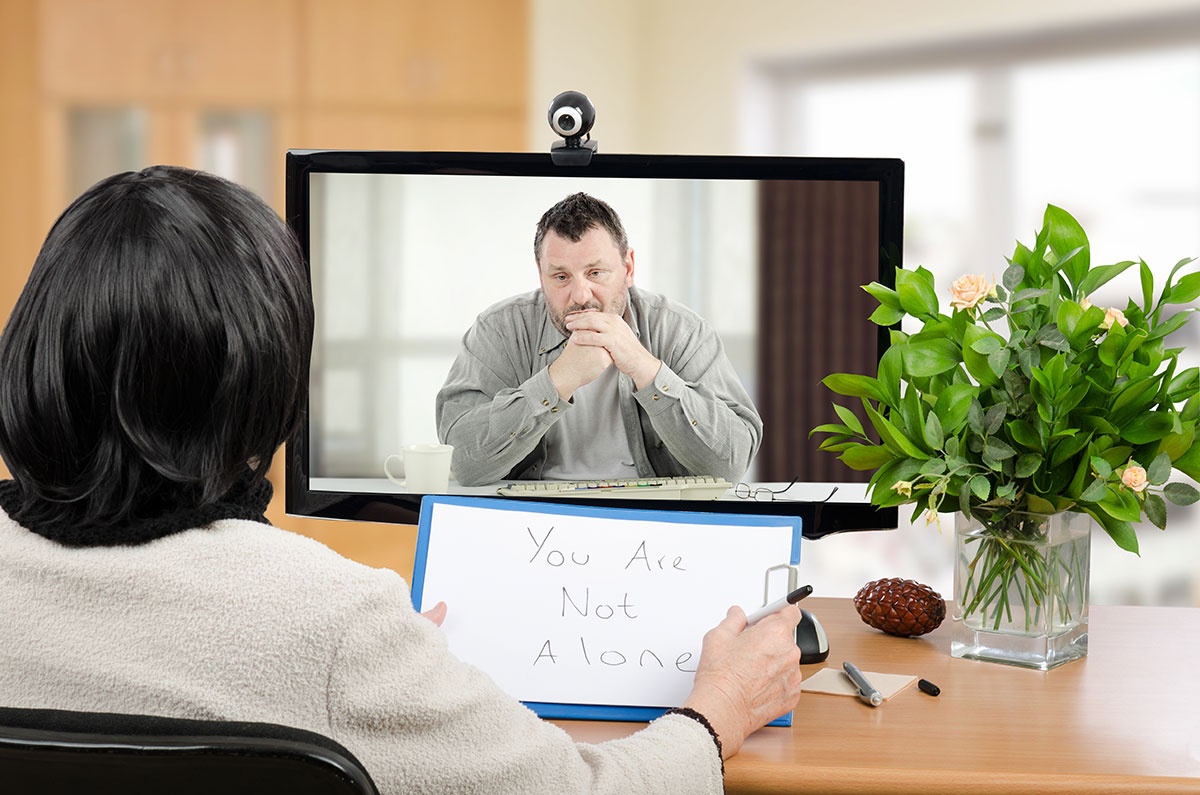Turning to Alcohol Use During COVID-19: Why It's Harmful to the Body and Mind
With the lockdowns and quarantines that began in early 2020, a deluge of jokes appeared online about afternoon drinking and mixing “quarantinis.” However, these jokes and new drink recipes weren’t kidding.
People actually did significantly increase alcohol consumption. At the beginning of the Stop the Spread campaign in the U.S., alcohol sales skyrocketed. According to Nielsen, national alcohol sales increased 54% during the week that ended on March 20, 2020, and online alcohol sales were up 262% compared to 2019.


What's So Bad About Alcohol Consumption?
Although unwinding with a glass of wine or a beer might seem like a simple way to cope with the unprecedented stress of the COVID-19 pandemic, it might actually be doing you more harm than good. Turning to alcohol to ease one’s worries can actually exacerbate feelings of anxiety, stress, and depression.
Additionally, consuming too much alcohol on a consistent basis increases a variety of health risks such as cardiovascular disease, diabetes, liver disease, obesity, cancer, depression, suicide, and alcohol-related accidents. It can also lead to dangerous interactions with prescription medications and hinder a person’s overall brain function.
If that’s not enough to melt the ice in your margarita, alcohol consumption can also compromise your immune system, putting you at an increased risk of becoming seriously ill if you contract COVID-19 or any other contagious disease.
How Much Alcohol Is Too Much?
Everyone’s threshold varies depending on sex, weight, and unique metabolic factors. Federal health guidelines define moderate alcohol consumption as one drink per day for women and one or two drinks a day for men. These guidelines define heavy consumption or binge drinking as consuming five or more drinks for men and four or more drinks for women within a two-hour period.


Coping During a Pandemic
If you’ve been using alcohol to dampen the pandemic’s emotional weight, we recommend talking with a doctor or counselor and looking for other ways to de-stress. Cook yourself healthy meals and consider adding a daily walk, meditation, or alcohol-free living room dance party to your daily routine. Making a point to stay connected with the people you care about can help, too.
Counseling Services with Gulf Coast Health Center
You don’t have to struggle on your own. If you’re feeling lonely, stressed, or depressed and find yourself turning to alcohol for comfort, please reach out. We offer a variety of counseling services that can help you navigate the challenges of living during a pandemic. To learn more about counseling, telemedicine services, or to schedule an appointment, contact Gulf Coast Health Center.



